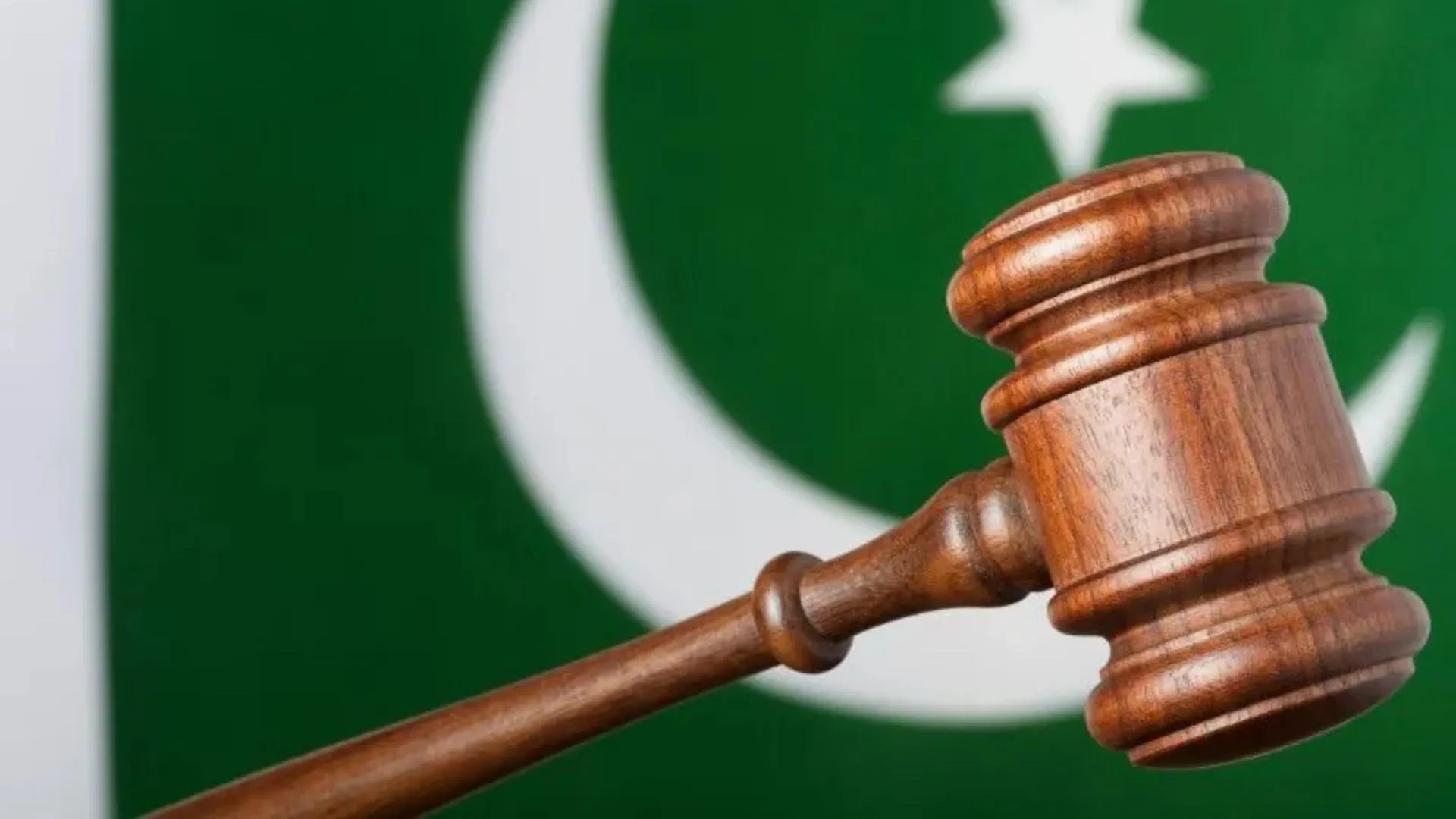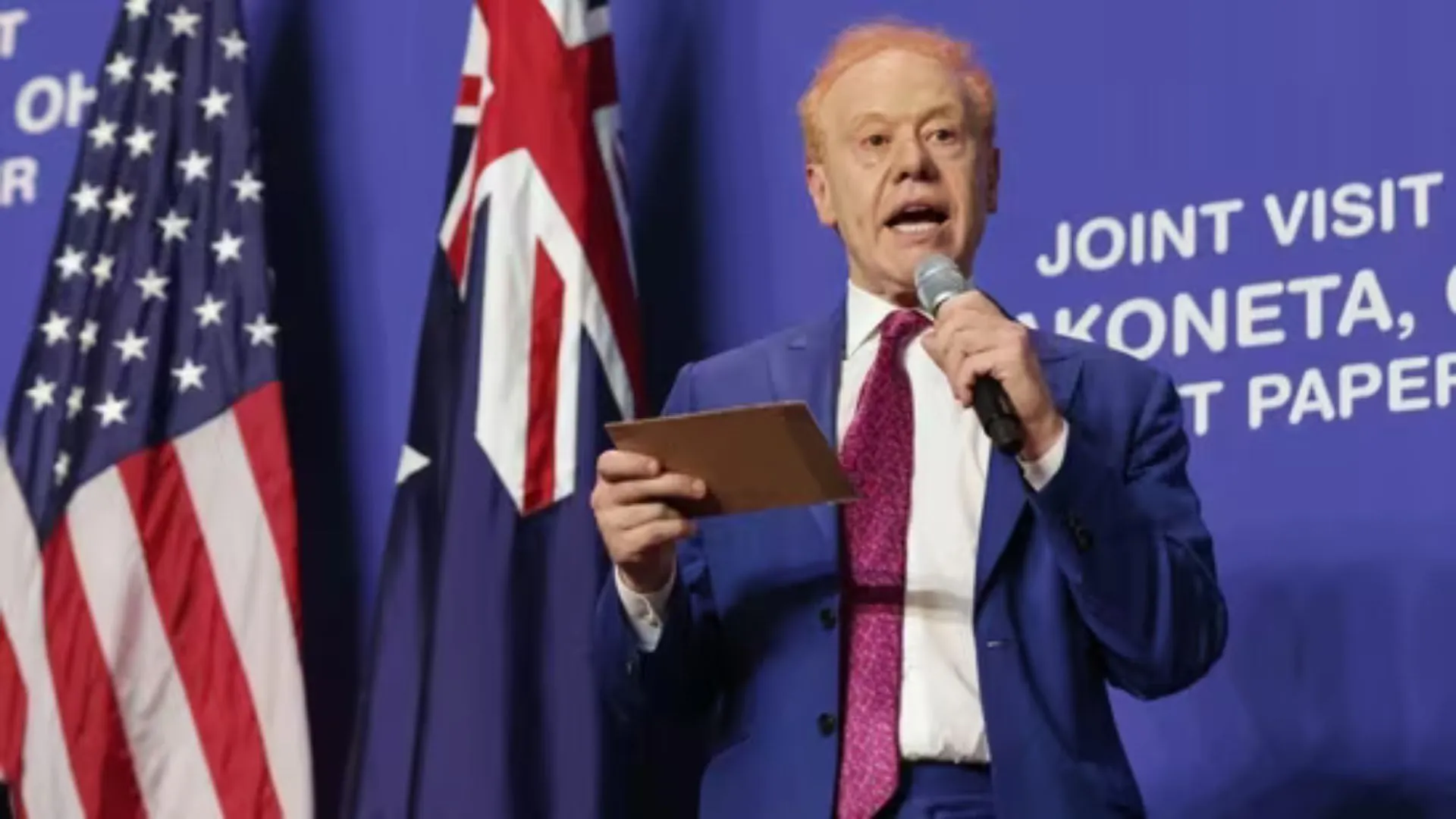Israel announced on Sunday that it would close its embassy in Dublin. The decision came after Ireland supported a petition at the International Court of Justice (ICJ) accusing Israel of genocide in Gaza. Foreign Minister Gideon Sa’ar confirmed the move, stating that Ireland’s “extreme anti-Israeli policies” had forced Israel to act. Moreover, he criticized Ireland’s decision to back the ICJ petition, calling it a significant escalation in their strained relations.
Ireland Condemns Israel’s Decision
Shortly after the announcement, Ireland’s Taoiseach Simon Harris condemned Israel’s action. In a post on X (formerly Twitter), he called it “deeply regrettable.”
“This is a deeply regrettable decision from the Netanyahu government. I utterly reject the assertion that Ireland is anti-Israel. Ireland is pro-peace, pro-human rights and pro-international law,” Harris wrote.
Ireland wants a two state solution and for Israel and Palestine to live in peace and security. Ireland will always speak up for human rights and international law. Nothing will distract from that.
Related News— Simon Harris TD (@SimonHarrisTD) December 15, 2024
Furthermore, Harris reaffirmed Ireland’s commitment to a two-state solution. “Ireland wants Israel and Palestine to live in peace and security. We will always speak up for human rights and international law,” he added.
Interestingly, Israel has not taken similar actions against other nations, such as Mexico, Egypt, or Spain, which also supported the ICJ petition. Meanwhile, the announcement coincided with reports of escalating violence in Gaza. Over 45,000 Palestinians have died, with dozens more killed in Israeli strikes on Sunday.
Israel Accuses Ireland of Crossing ‘Red Lines’
While explaining the decision, Gideon Sa’ar accused Ireland of crossing “red lines” in its relationship with Israel. He reminded the public that Israel had previously recalled its ambassador to Dublin after Ireland recognized Palestine as a state.
“Ireland has crossed all red lines in its relationship with Israel,” Sa’ar declared. He also accused Ireland of antisemitism and applying double standards against the Jewish state.
Additionally, Sa’ar said Israel would prioritize building ties with nations more aligned with its policies. “There are countries that want stronger ties with Israel and don’t yet have an Israeli embassy,” he noted. As an example, he revealed plans to open a new embassy in Moldova, which is considered more supportive of Israel.
Ireland’s Consistent Support for Palestine
Relations between Israel and Ireland have been tense for years due to Ireland’s strong stance on Palestinian rights. In November, Ireland’s Taoiseach warned that Israeli Prime Minister Benjamin Netanyahu could face arrest if he visited Ireland. This came after the International Criminal Court (ICC) issued warrants for Netanyahu and former defense minister Yoav Gallant, accusing them of war crimes and crimes against humanity in Gaza.
More recently, Ireland supported South Africa’s ICJ case against Israel. Tánaiste Micheál Martin stated that Ireland would request the ICJ to expand the definition of genocide.
“There has been a collective punishment of Palestinians through Israel’s military actions in Gaza,” Martin remarked. He highlighted the deaths of over 44,000 Palestinians and the displacement of millions. Furthermore, he stressed the need for international action to protect civilians in Gaza.
Ongoing Tensions and Diplomatic Shifts
In conclusion, Israel’s decision to close its Dublin embassy underscores the worsening ties between the two nations. While Ireland remains firm in its support for human rights and international law, Israel appears focused on strengthening relations with countries aligned with its policies. As the conflict in Gaza intensifies, international pressure for peace and civilian protection continues to grow.














